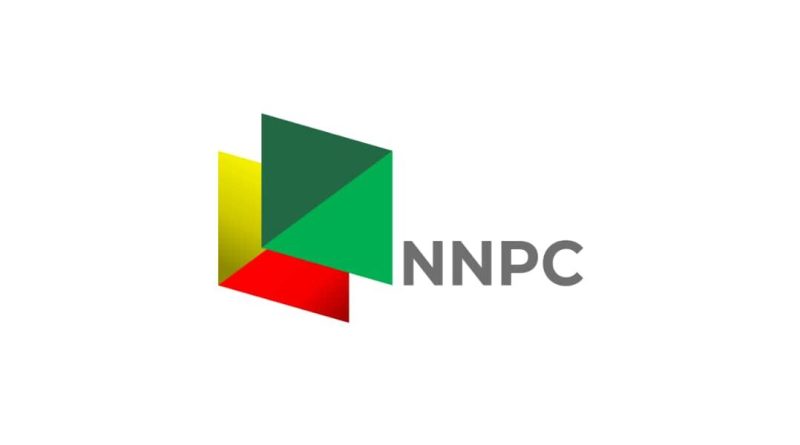NNPC Limited seeks partnership to revamp struggling refineries
The Nigerian National Petroleum Company Limited (NNPC Ltd) has initiated a comprehensive technical and commercial review of its three refineries to ensure optimal performance and sustainability.
Bayo Ojulari, the chief executive officer of the government-owned oil company, stated in a post on X on Wednesday that the company is seeking high-level technical partnerships with reputable operators to upgrade or repurpose the refineries as needed.
“We’re repositioning as a commercially driven, transparent energy company serving Nigerians,” Mr Ojulari said.
Nigeria has four state-run refineries, including two in Port Harcourt, which together form the Port Harcourt Refining Company, with a combined installed capacity of 210,000 barrels per day (bpd).
The Kaduna Refining and Petrochemical Company Limited has an installed capacity of 110,000 bpd, while the Warri Refining and Petrochemical Company Limited has an installed capacity of 125,000 bpd.
All the four refineries have a combined installed capacity of 445,000 bpd.
Despite significant cash injections aimed at getting the plants to run optimally for years, the refineries continue to grapple with operational constraints, with site visits revealing tmost of the facilities are far from functioning at peak level.
The Warri Refinery, which was reopened in December 2024, shut down in January on account of safety issues. In May NNPC Limited announced outage at the Port Harcourt Refinery, preparatory to scheduled maintenance.
Mr Ojulari said the next phase involves selecting technical equity partners with a proven track record of operating refineries up to international standards.
NNPC said it is looking to formalise requisite agreements towards implementing high-grade repairs or upgrades where necessary.
The refineries revamp is part of NNPC’s national energy strategy, focusing on energy security and asset optimisation.
The goal of the overhaul, according to NNPC Limited, is to position the corporation for the big role of supplier of petroleum products of last resort as stitupated by the Petroleum Industry Act, while ensuring efficient and profitable operation of the refineries.

